TOM FRANCIS
REGRETS THIS ALREADY
Hello! I'm Tom. I'm a game designer, writer, and programmer on Gunpoint, Heat Signature, and Tactical Breach Wizards. Here's some more info on all the games I've worked on, here are the videos I make on YouTube, and here are two short stories I wrote for the Machine of Death collections.
Theme
By me. Uses Adaptive Images by Matt Wilcox.
Search
The Order of the Phoenix
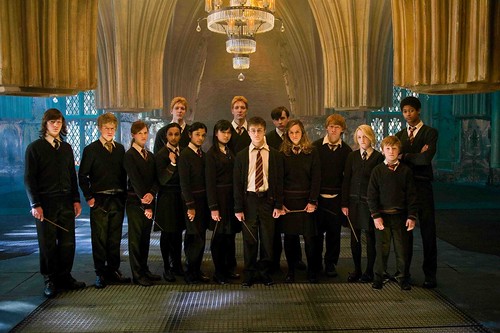
Right, that’s it. If Transformers isn’t any good on Sunday, I’m giving up on fun-but-dumb films altogether – I no longer enjoy them. I didn’t like the latest Pirates of the Carribean, I hated Die Hard 4, and last night even Harry Potter left me cold. My brain just doesn’t have enough to do during these, which is really saying something given that I enjoyed Gerry, a film where the memorable quotes page on IMDB constitutes the entire script, and the only two characters have the same name.
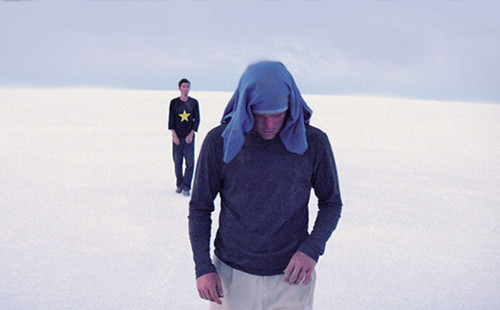
So I either think about other things entirely (is this seating arrangement socially optimal? Almost, I decided), or pick holes. That CGI object isn’t correctly synced with the actor’s hand. The next line is going to be “Something to fight for.” Emma Watson can only act during even-numbered minutes of the odd-numbered Harry Potter films.
When I read the same story in book form, I cared about everything. And really, it’s a story that suits cinema better than literature in a lot of ways – the fizz and crackle of wizardly battling comes across very poorly in text. But this director’s concept of being faithful to the book seems to be checking all the subplot boxes, which is impossible to do well in under six hours. So the three most affecting elements of Phoenix are all glossed over with almost comic brevity. Those being:
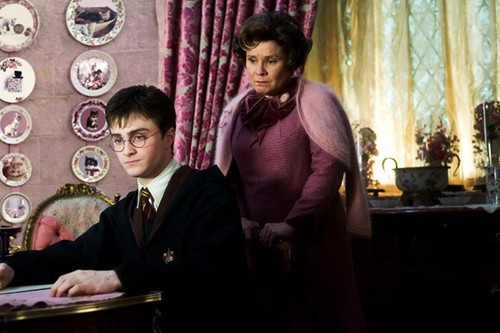
-
Delores Umbridge’s torture: I thought the actress here was great at portraying her syrupy strain of institutionalised evil, but the real potency of the character comes from the horror of what she makes Harry do. He has to claw her words in his own flesh over and over and over again every night, writing in blood over his scar tissue before it can heal. It’s the repetition that’s galling – that’s why it’s such a wonderfully fiendish play on the familiar punishment of ‘doing lines’ – but in the film we see him do it once. Misses the point, dissolves the horror, defangs Delores.
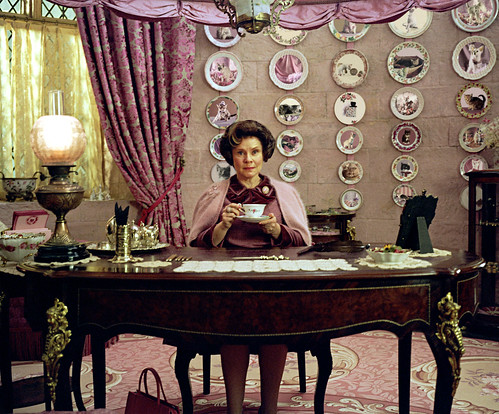
- Neville Longbottom becoming more than comic relief: after mocking his idiocy for four whole books, Rowling adds a streak of genuine tragedy to Neville, and a sad little stirring of redemption. It’s an easy pluck of your heartstrings, but a resounding one. Here’s how this story is told in the film:
(Neville Longbottom is standing in front a wall looking at a newspaper clipping that shows a photo of his parents. Harry joins him)
Neville: Hi Harry my parents were killed by Bellatrix LeStrange after she tortured them for information I’m proud to be their son but worried that I won’t live up to their good name thanks bye.
Fin
- Harry’s increasingly conflicted relationship with Snape: the entertaining thing about Snape as a villain is that he isn’t one, he’s just an extremely unpleasant good guy. Or so Dumbledore insists, and since he’s virtually God in the Harry Potter universe, we tend to trust his word over even Harry’s judgement.
In Phoenix, Snape is the only one able to teach Harry to defend his mind from Voldemort’s invasive telepathy, an arrangement they both resent enormously. But also a great device not only to force Harry to see Snape as a good guy, but to let both of them find out the truth about each other.
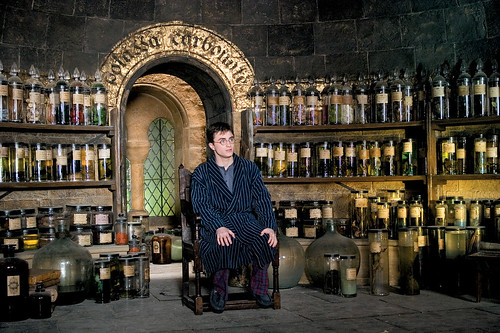
By repeatedly invading Harry’s thoughts, Snape quietly has to face that most of his conspiracy theories about Harry have been wrong. But when Harry inadvertantly gets into Snape’s mind, he has to face that more or less every disparaging thing Snape has said about Harry’s father is true, and a lot worse besides. This is a huge deal, a genuinely quite brave twist, and the most devastating thing that’s happened to Harry so far. His only reason for enduring the increasingly horrible things life puts him through is this dream of living up to the example of his parents, and avenging them.
We do get the moment of discovery itself in the film, inside Snape’s mind, but it’s topped and tailed: it happens almost immediately after the lessons are started, so we get nothing of the way Harry and Snape’s relationship has changed, which is probably the most interesting thing in the book. And we get nothing of the aftermath, which is easily the most important thing in the book.
It feels like they think fans are more interested in seeing every subplot paid lip-service than in any of them being done justice. I could be entirely happy with a film of Phoenix that left out all three of my favourite things about the book, if it just did anything else well. If it just had some downtime, some of the day-to-day stuff that lets you get to like the characters before they get knocked around, I’d care.
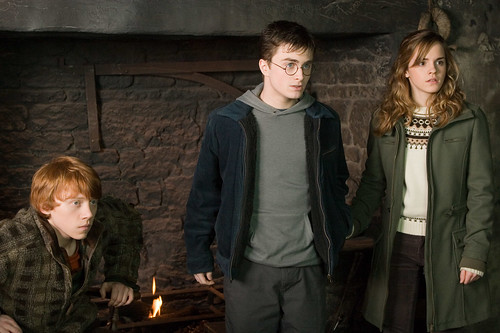
The fun of Harry Potter is never the plots, it’s getting to live in their world for a bit. It’s enduring the Dursley’s long enough at the start of each book to be relieved and excited to get back to Hogwarts and his friends. It’s butter-beer in Hogsmeade, non-plot-critical Quidditch. This ruthless, workmanlike cramming the films are so hellbent on is wrecking the magic.
Visually it’s marvelous; another adoring tribute to the universe that matches my imagination beautifully. The effects guys really do care about doing everything justice, and they’ve got the creative juice to manage it all and more. That just makes it more irritating that they’re still using directors who waste it incompetently, when in Alfonso Cuaron they’ve already found the guy who can give the rest of film the character its effects already have.